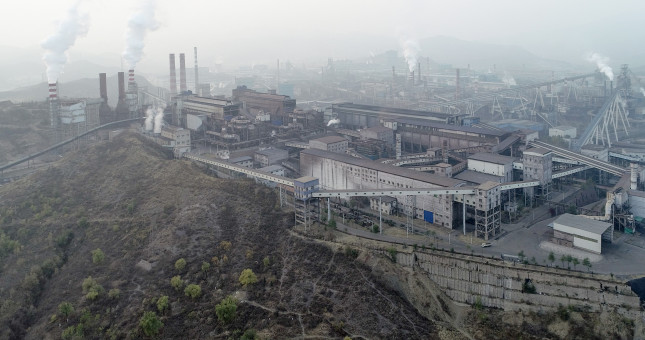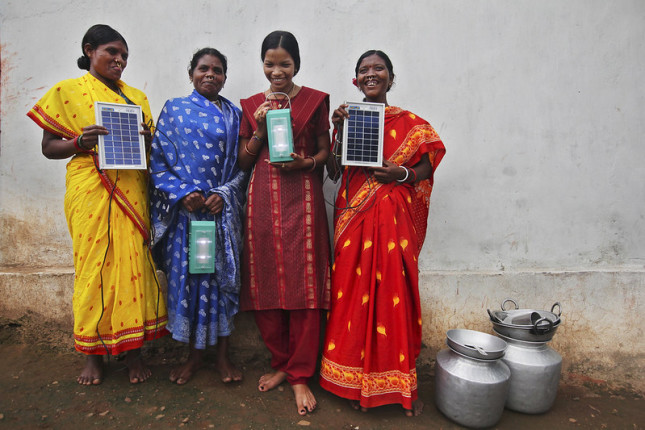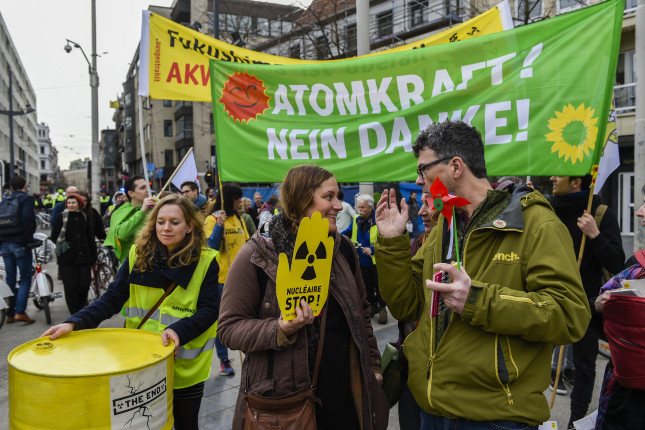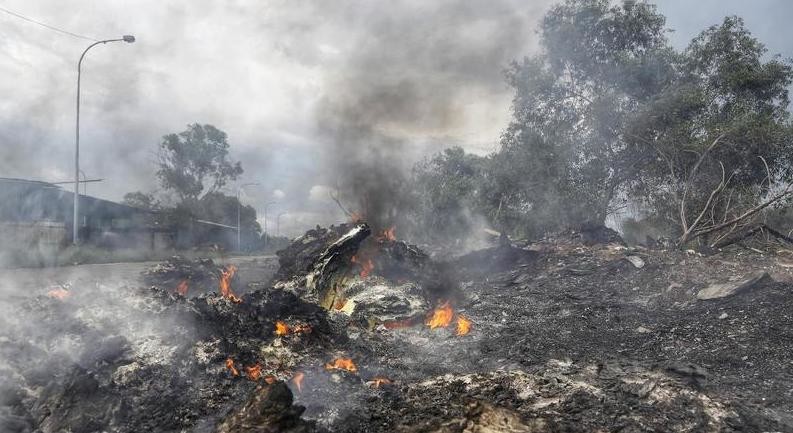-
Extracting Opportunity in the Renewable Energy Transition
›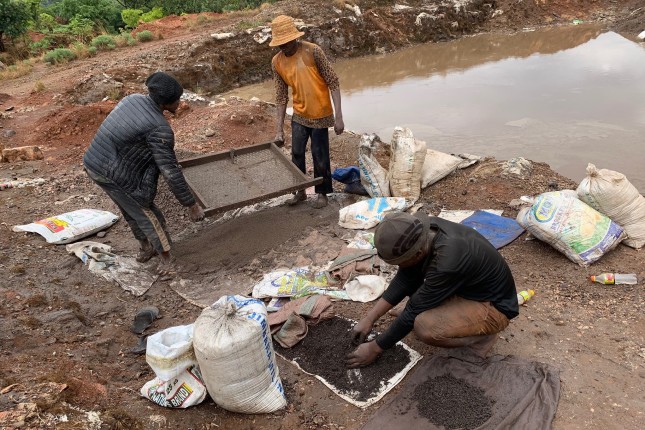
Few people can name from memory the materials required for wind turbines, photovoltaic panel semiconductors, and electric car batteries. The list is too long, but among the more recognizable minerals used in renewable production are aluminum, lithium, cobalt, iron, copper, lead, and nickel.
-
In a Time of Competing Crises, Environmental Action Matters More than Ever
›Guest Contributor // June 3, 2022 // By Richard Black, Cedric de Coning, Geoffrey D. Dabelko, Hafsa Maalim, Melvis Ndiloseh, Dan Smith & Caspar Trimmer
Last week saw the launch of SIPRI’s major policy report Environment of Peace: Security in a New Era of Risk, looking at how to manage the growing risks emerging at the nexus of environmental degradation, peace and security.
-
The Ukraine War’s Shadow on China’s Road to Decarbonization
›Russia’s invasion of Ukraine has shaken the world economy. The U.S.-led push for sanctions on Russia has surprised analysts with its depth. Germany, for example, is now turning away from four decades of reliance on Russian oil and gas. Given Russia’s status as a global energy colossus, the war has raised particular uncertainty in global energy markets, leading many countries to take steps to ensure adequate supplies.
China’s energy connection to the crisis and, specifically, the war’s effect on China’s decarbonization commitments, have drawn little attention. Unfortunately, the war’s impact on energy markets has accelerated Chinese plans to return to the use of coal for power generation. And the market volatility it has inflamed is partly behind China’s return to investment-and emissions-heavy stimulus. Make no mistake, however, China’s investments in renewables are still enormous and dwarf those of the United States.
-
Andrew I Rudman and Cecily Fasanella, Innovation News Network
Before Breaking Ground: Challenges and Opportunities for Mexican Lithium
›May 25, 2022 // By Wilson Center Staff
In response to the growing challenges created by climate change, consumers across the globe are demanding more environmentally friendly products. This demand is particularly evident when examining the automotive market. In 2021, global sales of electric vehicles (EVs) more than doubled from the year before, rising from 3 million to 6.6 million vehicles according to the International Energy Agency. This boom has created a need for lithium, a key component of the rechargeable batteries used to power these vehicles. Referred to as ‘white gold,’ countries with lithium reserves are racing to increase extraction and export deposits for battery production. As automobile and battery manufacturers work to meet demand and avoid supply chain shocks, many are looking toward the untapped potential of Mexican lithium.
-
An Earth Day Appeal for Sustainable Market Solutions
›April 22, 2022 // By Roger-Mark De Souza
Global insecurity driven by the conflict in Ukraine and pandemic-induced instability has come powerfully into confluence to increase threats to livelihoods across the world.
What can we do to stem the tide? This Earth Day is an opportunity to rally for action that will help us all face such challenges now and in years to come. One of the most powerful ways to do so is to solidify and expand the reach of sustainable markets. There are a number of ways that this process can begin right now.
-
Crouching Tiger, Hidden Decarbonization: China’s National Emissions Trading System
›In this Year of the Tiger, China, the world’s largest carbon emitter, is signaling more aggressive climate action on several fronts, including expanding its national carbon emission trading system (ETS). Since the launch of the program on July 16, 2021, results have been encouraging; carbon intensity fell three and a half percent in the second half of 2021 and total carbon emissions only grew by four percent, compared to nine percent in the first half of the year. However, China’s implementation of ETS has triggered criticism for having low penalties, loose restrictions, and too low a carbon price. Like a tiger in tall grass, it is vital that Chinese policymakers pounce on the obstacles to expanding ETS coverage and transition from an intensity-based cap to an absolute cap. Signs show this can happen sooner as opposed to later.
-
The Best or Worst of Both Worlds? Nuclear Power’s Contested Role in Europe’s Energy Transition
›Growing up in Austria in the 1990s, one of the underlying lessons I learned in middle school was that nuclear power is humanity’s downfall. Though never explicitly described that way in the curriculum, from a young age my peers and I knew to associate the black-and-yellow trefoil symbol with apocalyptic environmental destruction. Reflecting on my upbringing helps me understand why so many in Germany, Austria, Denmark, Greece, and Italy argue that nuclear power should be our last resort as an energy resource. How could we allow the development and use of such dangerous technologies in our own lives? How could we just move on and accept that a nuclear accident could kill all of us at any moment?
-
Imagine a Future Without Single-Use Plastics
›If producing plastic waste were a race, Japan would be rushing for the gold medal. Japan and the United States both rank the highest per capita for plastic packaging waste in the world. Former Prime Minister Shinzo Abe’s administration set a goal to reduce Japan’s plastic waste production by 25 percent by 2030 and recent polls show the majority of the Japanese public wants strong actions to reduce plastic waste. Nevertheless, Japan is not doing enough to stem the tide of plastic entering the ocean. If Japan and the rest of the world fail to act more boldly, global oceanic plastic waste could triple by 2040. Current commitments of governments and corporations would only reduce global plastic leakage seven percent below the business-as-usual scenario. Japan’s current waste management system prioritizes recycling and incineration, encouraging a make-take-waste linear model of plastic consumption. Japan needs a circular economy built on a culture of reduction and reuse instead of single-use plastics.
Showing posts from category energy.



